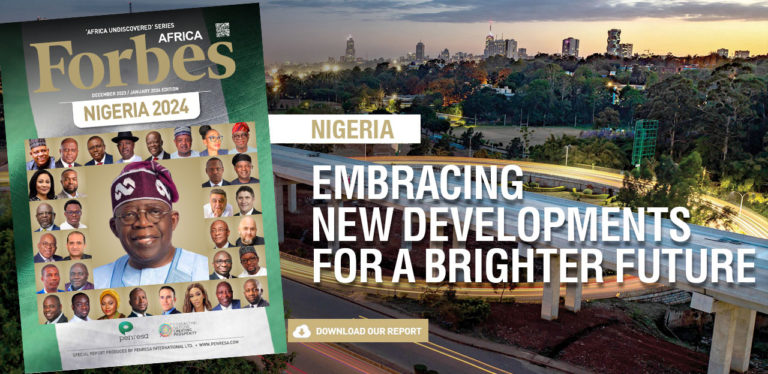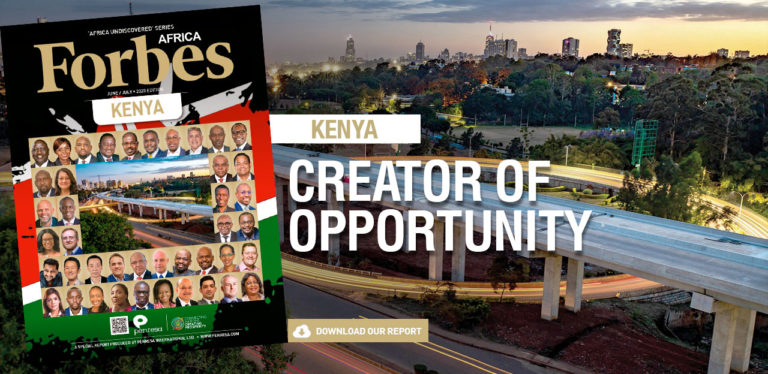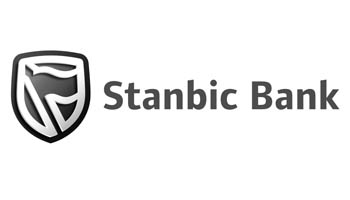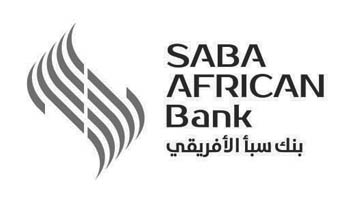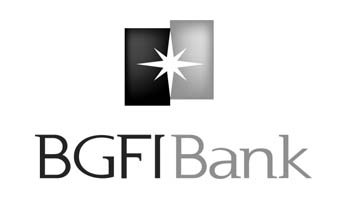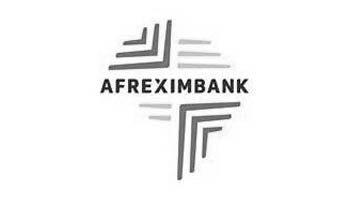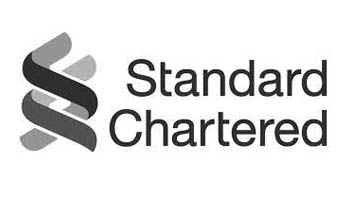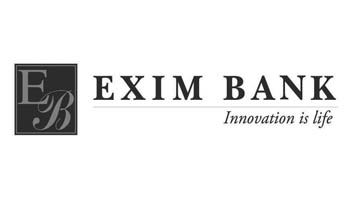Djibouti is successfully improving its position in the global market by enacting several enterprising reforms to enhance and improve conducive business environments, property registration, credit availability, as well as empowering sectors such as infrastructure, finance and energy.
These measures are all a part of His Excellency President Ismaïl Omar Guelleh’s Vision 2035, which has already demonstrated great progress, as Djibouti has leapt from the 154th in 2017 to the 99th position in the 2018 World Bank Ease of Doing Business Report. Central Bank of Djibouti Governor Ahmed Osman Ali, says, “We have worked hard to improve our investment environment. In terms of investors’ protection, Djibouti ranked second worldwide in the World Bank Doing Business 2019 ranking, gaining 94 places compared to 2018. Djibouti offers great potential to investors in various sectors, as well as an attractive fiscal environment.” The Vision 2035 is a strategy that is built through the participation of Djibouti’s youth, political parties, civil society, businesses, development partners and the international community. The vision is based on five core pillars: Peace and national unity, Good governance, a diverse economy, Investing in human capital and Regional integration.
In utilising its advantageous geographic position and strengthening its place as East Africa’s hub, the Vision 2035 recognises that Djibouti is a natural gateway for bordering and nearby countries for sea and air cargo transportation. Dabar Adaweh Ladieh, General Director of the Société International Des Hydrocarbures de Djibouti (SIHD) says, “That is why Djiboutian ports, for instance, are destined to serve the whole region. Goods from Europe, the Middle East and Asia will arrive here. We will have an exchange centre thanks to our strategic plan and the President’s vision to develop infrastructure.” In keeping with this goal, Djibouti has been investing in new port terminals, as well. “SIHD, in partnership with other companies, is building a new stocking site in the Damerjog economic zone where there are also other projects to be realised, like the port and the stocking site of natural gas,” says Ladieh. “So, we are proceeding with this global vision in mind.”
“Djibouti is in the process of becoming an essential link in the economic globalisation. We shall remain faithful to our ideals of unity, equality and peace by remaining true to our core values and our hospitality, generosity and solidarity culture that we can be proud of our identity in a world subjected to cultural standardisation.” – His Excellency President Ismaïl Omar Guelleh.
Diversifying the economy is crucial to the Vision 2035, and the government is dedicated to ensuring consistent GDP growth, which will create over 200,000 jobs in the next fifteen years. One of the means to do this is through the energy sector. Djibouti is no stranger to ambitious projects if it means improving the livelihood of its people and securing a better future.
As such, the government has enacted several programmes that seek to meet 100% of the country’s energy demand with renewable resources in order to combat pollution and decrease dependence on imported energy resources. This can be done through geothermal energy, wind energy, solar energy as well as waste energy. The government is currently moving into the production phase of geothermal energy, with wind energy production set to begin in spring 2020. Ensuring the abundant availability of reliable and cheap energy puts Djibouti on the cusp of a green revolution and is a crucial step toward the achievement of Vision 2035, with positive effect on investments and employment resonating throughout the economy. The government has also invested in highly specialised programmes that are designed to nurture the thriving young population. Mr Yonis Ali Guedi, Minister of Energy, states, “All these projects are to develop Djibouti, making sure that energy is abundant and cheap, to attract investors, jobs can be created, and the prosperity of our citizens can be increased. Development always needs energy, so, the country needs to provide itself with green and clean energy.”
In accordance with the strategy mapped out in Djibouti’s Vision 2035, the government has taken on an astounding series of projects aimed at updating Djibouti’s infrastructural landscape. Part of this plan is found in the country’s new International Free Trade Zone. Opened in July 2018, the DIFTZ marked a turning point in the history of Djibouti and the entire East African market. The Zone will inevitably boost local and international trade and create employment for Djiboutians. The Free Zone clearly represents Djibouti’s rapid and impressive transformation and serves as a beacon of light for the future, positioning the country as a hub for trade, logistics and finance.
In addition to the government’s dedication and all these vast improvements across many sectors, Djibouti’s participation in the African Continental Free Trade Agreement will also create an environment where investors can thrive. The AfCFTA is meant to create a tariff-free continent that could boost intra-African trade. Governor of Central Bank of Djibouti, Ahmed Osman Ali, states, “It is a great opportunity: it will grant access to a wider market to companies operating here. To take advantage of increased regional integration. We have invested heavily in port, road, rail and telecommunications. We remain very confident about the positive effects of the African Continental Free Trade Agreement in terms of activities, growth and job creation.”



